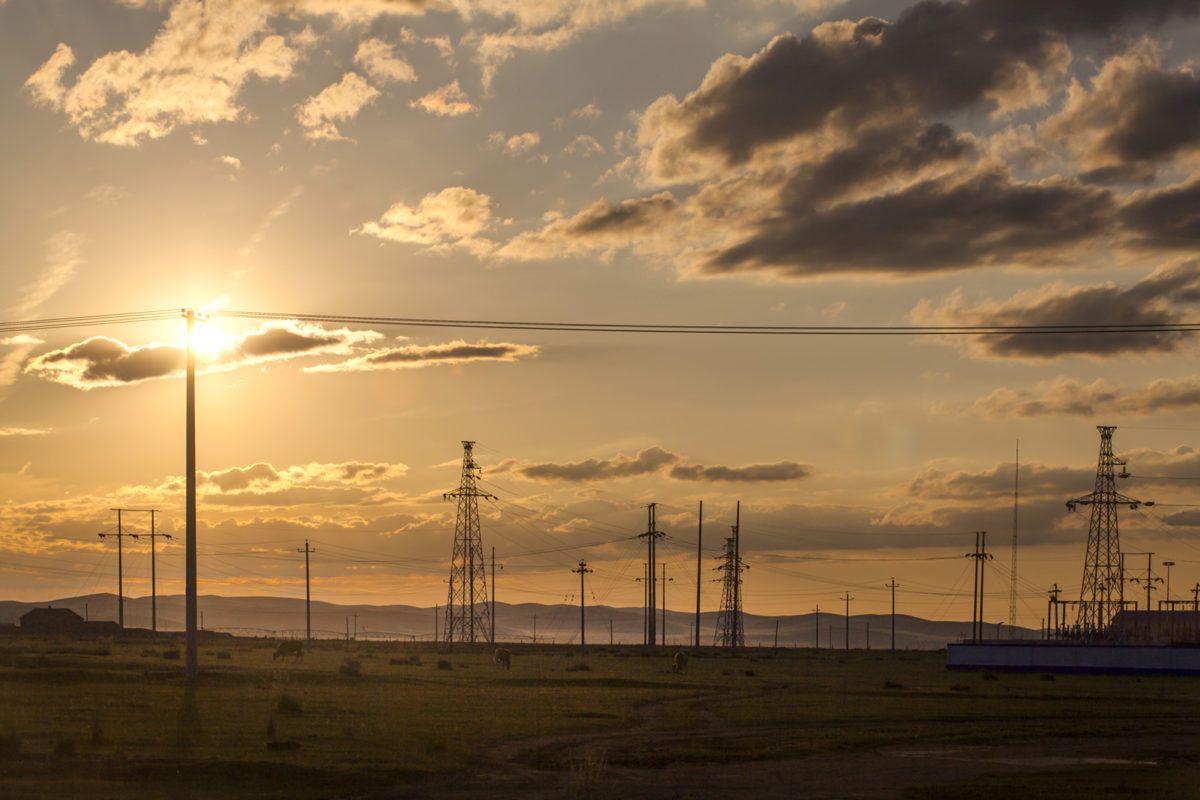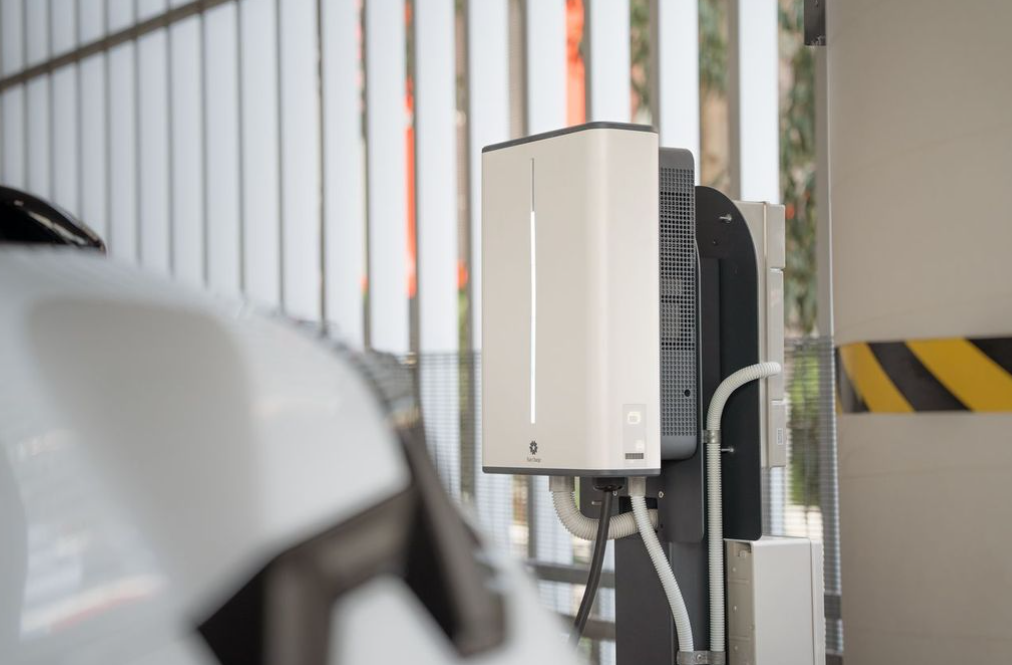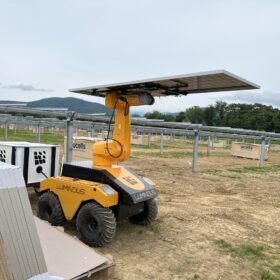From 1 October 2021, the electricity spot price in Australia’s National Electricity Market (NEM) will switch from 30-minute settlements averaged over six, five-minute dispatch prices to five-minute-settlements (5MS) with each five-minute interval settled against its own dispatch price.
Australian Energy Market Operator (AEMO) chief executive Daniel Westerman said the change will bring the settlement period into line with the dispatch process by which generators are scheduled and which has operated on a five-minute basis since the start of the NEM in 1988.
The 5MS, first approved by the Australian Energy Market Commission (AEMC) in 2017, with AEMO responsible for updating market procedures, designing and testing systems, and coordinating an industry readiness program, is expected to improve price signals and reward demand-response providers and fast-response technologies, such as battery storage.
The reform involves changes to metering, settlement and prudentials, and bidding processes, as well as electricity retail and wholesale market systems.
Critics have suggested 5MS will introduce added uncertainty to the NEM but Westerman said the reform would improve market efficiency, enhance competition and deliver consumer benefits.
“As one of the most significant reforms since the NEM’s inception in 1998, 5MS provides better price signal for investment in fast response and flexible technologies, such as batteries and gas-peaking generation,” he said.
“Over time, improved price signals should lead to more efficient decisions by generators lowering wholesale costs which make up around one third of a typical bill.”
The 5MS reform was scheduled to come into force by 1 July 2021, but was delayed as energy regulators opted to focus on energy security measures, and to reduce the introduction of new regulatory measures, during the disruption caused by Covid-19.
As well as the 5MS reform, a new market participant category – the Wholesale Demand Response (WDR) provider – will also be introduced by AEMO this month to coordinate and offer ‘demand response’ into the NEM.
Westerman said the WDR reform, to come into effect from 24 October 2021, will enable large commercial and industrial businesses to bid and schedule a reduction in electricity consumption for payment.
“AEMO will operate a new market for large energy users to commit to lowering usage to help the power system security and reliability, including peak demand days and periods of high wholesale electricity prices, increasing competition with potential flow-on price benefits to consumers,” he said.
AEMO will also in October begin reporting on unaccounted for energy (UFE) values as part of the “soft start” of Global Settlement (GS), a framework for the settlement of the wholesale electricity market.
The GS changes are scheduled to be implement in full on 1 May 2022.
Also included in the reforms package is a two-day retail switching. Starting in October, the time taken for consumers to change electricity retailers will reduce from up to three months to two-day transfers.
“Faster switching between energy retailers removes a frustration, enabling customers to transition to better electricity offers, access new services and provide retailers with a more streamlined process,” Westerman said.
This content is protected by copyright and may not be reused. If you want to cooperate with us and would like to reuse some of our content, please contact: editors@pv-magazine.com.









4 comments
By submitting this form you agree to pv magazine using your data for the purposes of publishing your comment.
Your personal data will only be disclosed or otherwise transmitted to third parties for the purposes of spam filtering or if this is necessary for technical maintenance of the website. Any other transfer to third parties will not take place unless this is justified on the basis of applicable data protection regulations or if pv magazine is legally obliged to do so.
You may revoke this consent at any time with effect for the future, in which case your personal data will be deleted immediately. Otherwise, your data will be deleted if pv magazine has processed your request or the purpose of data storage is fulfilled.
Further information on data privacy can be found in our Data Protection Policy.